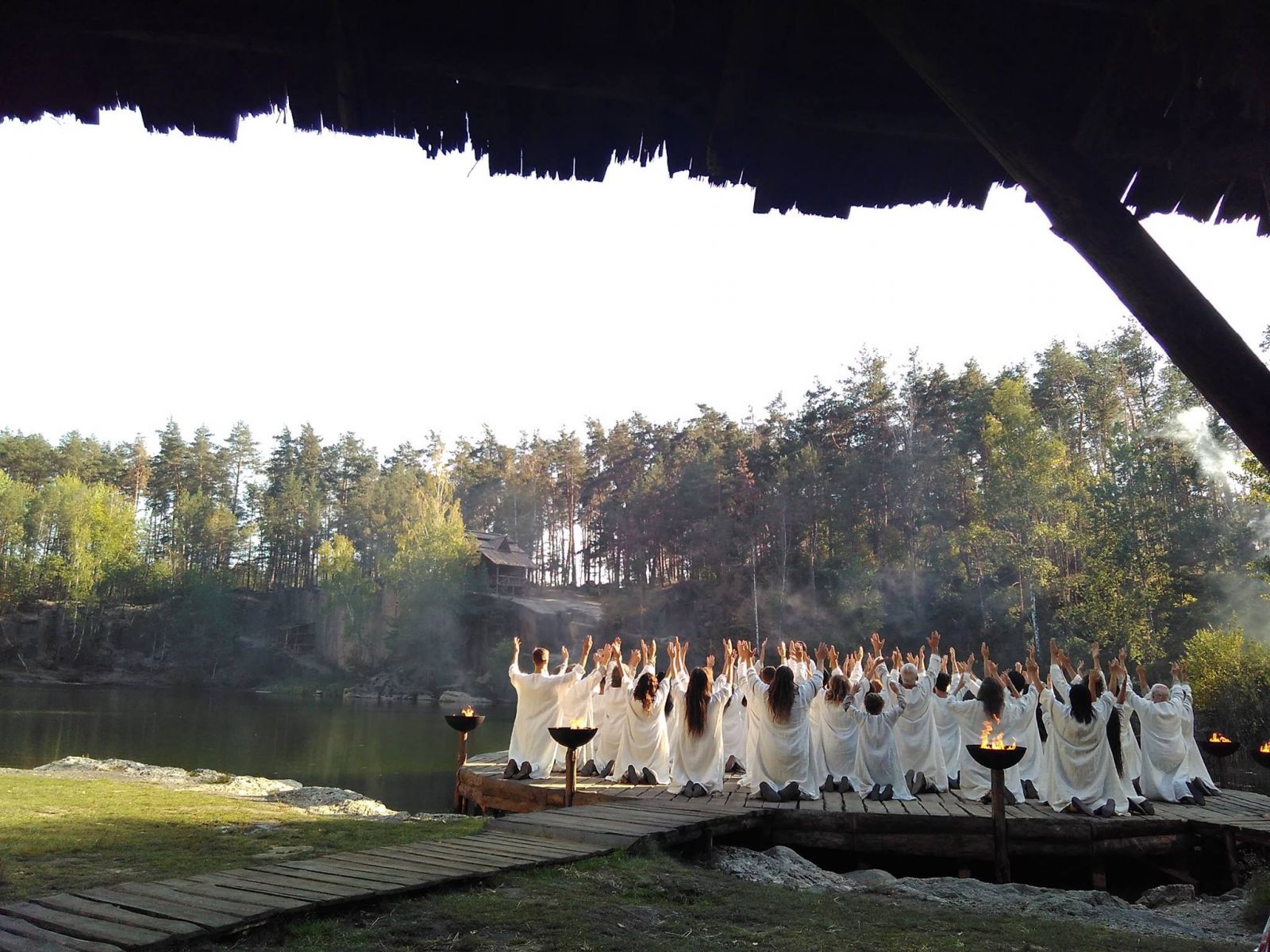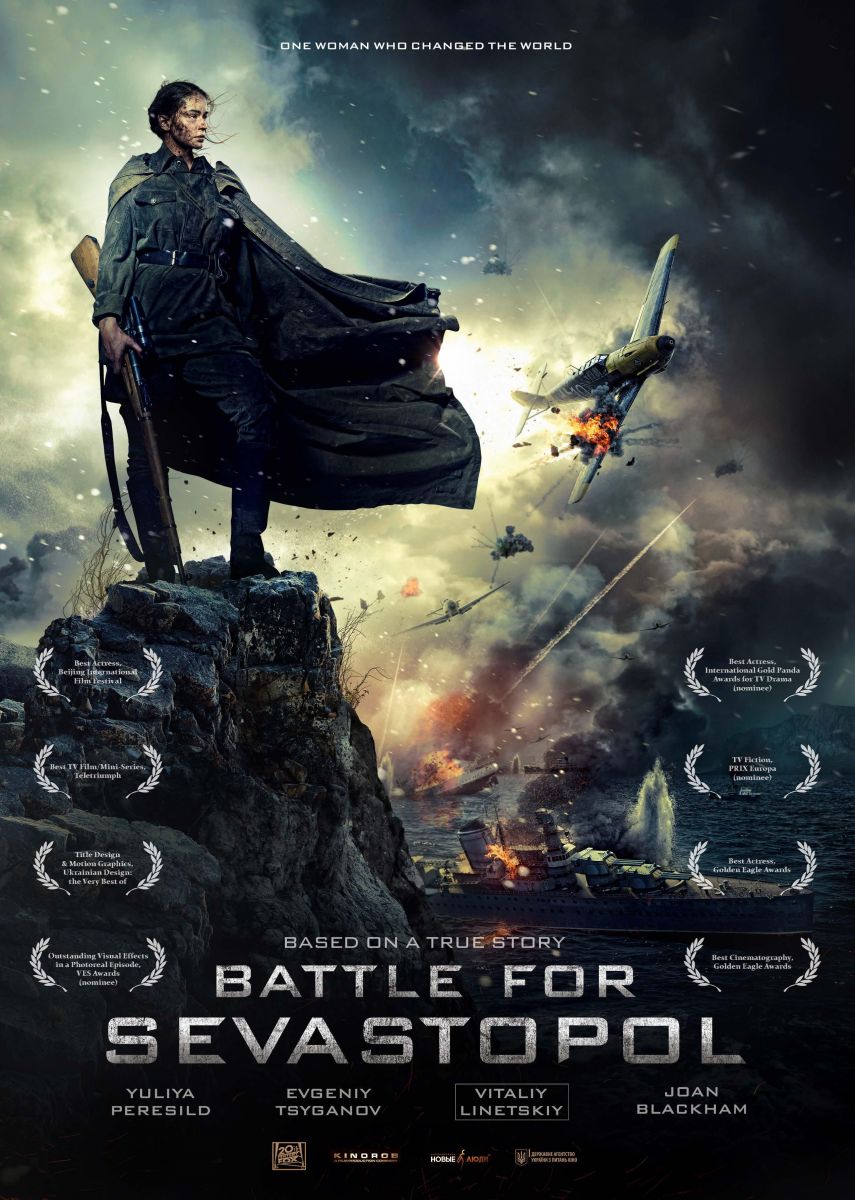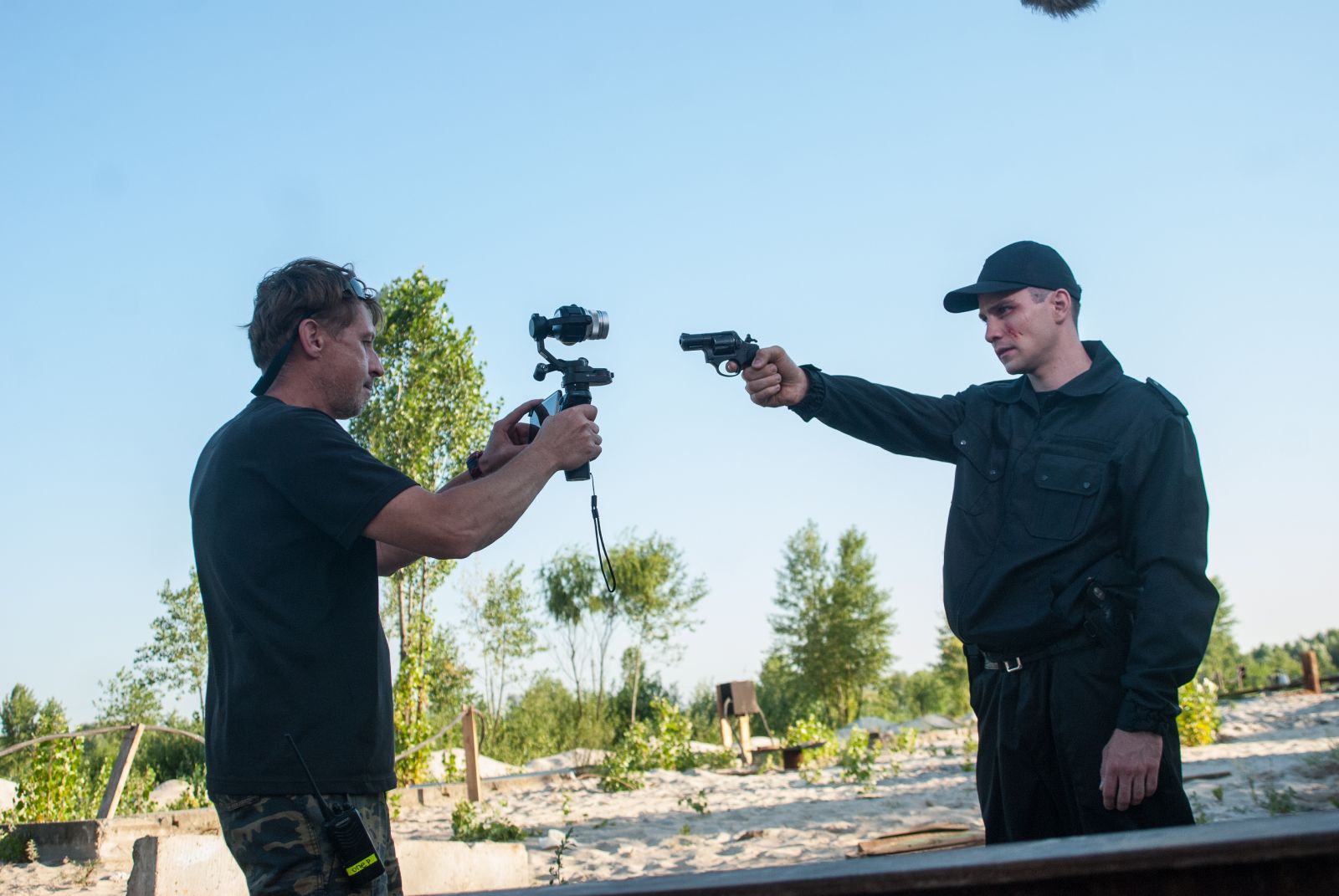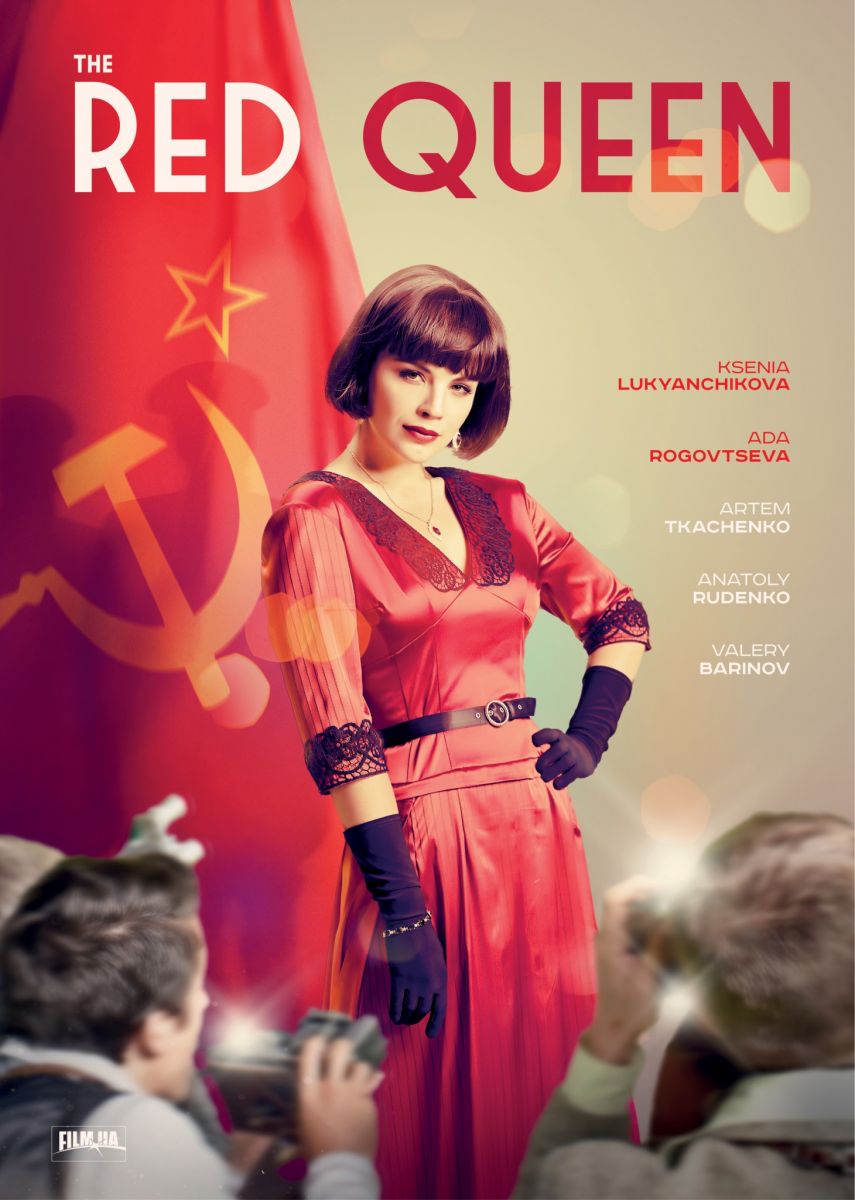

How have Ukrainian broadcasters responded to the ban on certain Russian programming?
After the ban on Russian series, which had occupied a significant portion of air time, Ukrainian TV channels faced one big problem — they are forced to mend the holes in the schedule with the help of their own production. Production volumes in the country have increased sharply.
What challenges has this ban created for Ukrainian producers?
There is one challenge: little money on the market and more hours to be produced. This impacts the quality in a significant way. At the same time, both the TV channels and the audience are used to the standards achieved when combining the resources of two markets, Russian and Ukrainian. So now a lot is produced but not everything meets the habitual quality standards. For example, season two of The Sniffer series cost us 500,000 USD per episode. After all political and economic crises of the last two years and the devaluation of Ukrainian currency now we can ensure the same production standards for about 250,000. As for Ukrainian TV channels, they can spend 50,000 max. This is the whole math for you. Many producers were forced to give up their ambitious plans to create premium content and instead concentrate on producing many episodes for little money. This is okay for business but damaging for creative ambitions.
What opportunities has this ban created for Ukrainian producers?
As I’ve been saying, market requires a lot of content. This paved the way to the biggest TV channels for many small companies and young producers. Now it is rather easy to get an order if you are ready to execute it fast and for little money. It is good for growing young companies; they get a chance to show themselves.

What should the government be doing to help the Ukrainian TV sector?
A year ago the biggest Ukrainian TV channels and producers united in an initiative group. We developed a law draft, which should stimulate the interest of foreign producers in filming in Ukraine: standard tax benefits and other preferences used in many countries. For a year we’ve been waiting for the parliament to adopt this document. We are not losing hope. We know that we are able to ensure high production value for much lower prices than in the US, UK or Western Europe, and our content confirms that. This fact plus rebates are to attract producers from more developed economies into our country. We don’t ask the state for money, we offer a model, which will allow to attract investments into the country.
How is the rights situation changing for independent production companies in Ukraine?
If you compare current situation with pre-crisis times, today Ukrainian channels are trying to get much more rights from the producer for the same money. This is totally explicable, the market has shrinked considerably. We are looking for a compromise in each specific case.

"Battle for Sevastopol" miniseries, FILM.UA
How committed are Ukrainian TV channels to international coproduction?
For now there are more talks than real success stories. Joint projects are very few in numbers. Still, I think we’ll hear about new co-production projects with Ukraine very soon. I hope that FILM.UA will be among the first there as we put enough effort into this. We are not interested in purely financial participation. We are ready to wager our money but we want Ukraine to be really involved in production. These are the projects we are looking for and already actively negotiating with potential partners. We have things to offer: economic crisis and national currency devaluation by three times have seriously impacted the prices. The service which would cost 100 USD two years ago can now gladly be provided for 30 or 40, and according to the same standards. You can only agree that these are real savings for potential partners.
What are the challenges of coproduction from FILM.UA’s point of view?
Not all media market participants fully understand what is happening in Ukraine and whether they should do business with it at all. As there are few examples of co-production for now, foreign producers are curious whether we have infrastructure and equipment to match their tasks, whether the film crews speak English, etc. Our task is to spread this knowledge, to show on our company and projects that everything is available and everything works, that we are capable of creating high-quality content for modest remuneration.
What are the biggest trends in Ukrainian TV at the moment?
I’ve mentioned that the ban on Russian TV series caused an acute content deficit. So now everyone is producing but, and I am repeating myself, it is rather cheap content exclusively for the internal market. There are more constructed reality, docureality and observational docs projects, as the production costs are lower and much less time is needed.

What genres are hot or not in your country right now?
Economic and political crises have been impacting the economy significantly. It is totally natural that in this situation the biggest broadcasters are the only players on the market. Neither cable TV channels nor VOD platforms have enough financial resources for independent production. This fact forms the demand for genres. Just like in the rest of the world, big free channels are to encompass the most audience, so complicated and non-standard projects are not in favor. We don’t have our own HBO or Netflix. So generally comprehensible melodramas, comedies and detective stories are a standard set for mass television provided free of charge.
What TV projects does Film.UA have in development/production?
We produce a lot. Now we have up to 30 projects at different stages of production. We concentrate our main efforts on premium content where we see international sales potential. A month ago we started filming season three of The Sniffer, which is among our most successful projects. Another important project for us is Contact. A drama series with a mystic component is a rare guest on our territories but enjoys high demand all over the world. So we are optimistic about the format prospects of this project. Another internationally minded project is Line of Light series, which will touch upon religious sects. This issue is also known in the world. Both of these projects are now in the filming period, but this autumn in Cannes we’ll start our first presentations for the potential partners.

Series "The Red Queen" is quite popular on Amazon
What are FILM.UA’s global expansion plans?
We have been consistently moving towards our main goal, which is to bring Ukrainian content to the international market. The Sniffer has opened a window to the world, as we say. In Japan, the local remake of the series will be premiered this autumn. Several more countries will follow. In July, our new project The Red Queen made it to top 100 programs of the month on Amazon. The Amazon library has several thousand series produced by American majors, BBC, ITV, Gaumont, Canal+, etc. For a non-English language series demonstrated with subtitles it is a rather significant achievement. Just now at Festival de la Fiction TV 2016 in France our Battle for Sevastopol mini-series is participating in the competition program finals. All these solid success stories give us faith in the general success of our expansion.
But as I’ve been saying, we are also considering participation in English-language co-productions. We are developing several projects of this type ourselves, but remain open for suggestions. I’ll repeat myself: we are ready to risk, but our main condition is the active participation of Ukraine and Ukrainian professionals in such production. We are full of energy and believe in our capacities.
Ed Waller
FILM.UA Group
22, Mykoly Zakrevskoho str., Kyiv, 02232, Ukraine
tеl.: 0 800 308 028, +380 44 501-39-71 fax: +380 44 546-68-97 e-mail: info@film.ua
Developed by Argentum IT Lab
